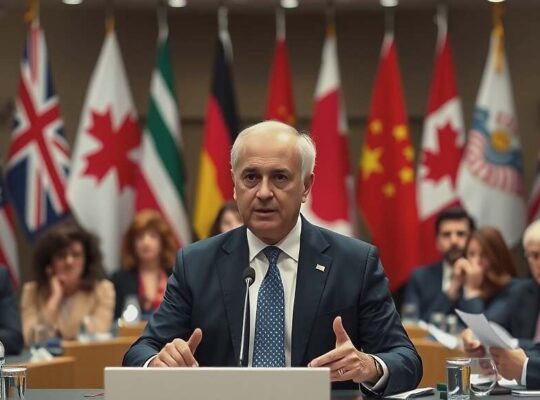The German coalition government is poised to enact significant alterations to its landmark hospital reform legislation, a move already drawing criticism and raising questions about the government’s commitment to its original vision. A draft of the revised bill, reported by POLITICO, is expected to be approved by the cabinet on Wednesday, with Health Minister Nina Warken (CDU) emphasizing the “high political importance” of ensuring the reform’s successful implementation. However, the changes suggest a pragmatic retreat from the ambitious scope initially proposed.
The revisions, designed to “facilitate practical implementation” largely involve adjustments to deadlines, expansion of exemptions and cooperative arrangements and modifications to performance groups and quality standards. A particularly notable change involves postponing the introduction of the planned “performance-based funding” (Vorhaltevergütung) by a full year, delaying its full impact until 2030. This decision, coupled with other modifications, hints at concerns about the financial burden and logistical complexities of the original plan.
Significantly, the bill removes requirements regarding the accessibility of exemptions and cooperative arrangements. Instead, individual states will now determine exemptions “in consultation with the regional associations of health insurance funds” ostensibly to secure comprehensive care across the country. This decentralization of decision-making power raises concerns about potential inconsistencies in care standards and equitable distribution of resources. The previously stipulated possibility of six-year extensions for exemptions has also been scrapped, further complicating the long-term stability of hospital networks.
Financially, the critical “Hospital Transformation Fund” (KHTF) is undergoing a restructuring. The originally planned funding of €25 billion from statutory health insurance will now be sourced from the “Infrastructure and Climate Neutrality” special fund. The federal government will provide €3.5 billion annually from 2026 to 2029, followed by €2.5 billion annually from 2030 to 2035. While presented as a means of accelerating the transformation process, critics argue this shift reveals an unwillingness, or inability, to fully commit to supporting the healthcare sector through dedicated statutory funding.
The government has also announced a potential review of introducing an incentive system for the parliamentary process, further suggesting a desire to expedite the bill’s passage, potentially at the expense of robust debate and scrutiny. The fact that the draft bill requires no approval from the Bundesrat (Federal Council) underscores the coalition’s determination to implement these changes swiftly, prompting skepticism about whether the revised legislation truly serves the long-term interests of German healthcare or represents a politically expedient compromise.












